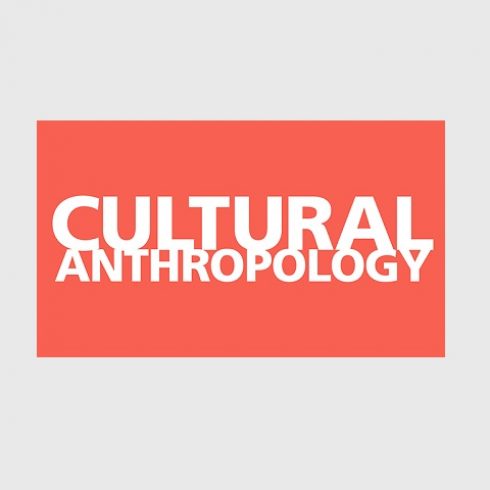Doctors, Borders, and Life in Crisis
Peter Redfield
Cultural Anthropology 2005

Abstract
The politics of life and death is explored from the perspective of Doctors Without Borders (Médecins sans frontières [MSF]), an activist nongovernmental organization explicitly founded to respond to health crises on a global scale. Following the work of Michel Foucault and Giorgio Agamben, I underline key intersections between MSF’s operations that express concern for human life in the midst of humanitarian disaster and the group’s self‐proclaimed ethic of engaged refusal. Adopting the analytic frame of biopolitics, I suggest that the actual practice of medical humanitarian organizations in crisis settings presents a fragmentary and uncertain form of such power, extended beyond stable sovereignty and deployed within a restricted temporal horizon.
 Share
Share






Commentary
The latest commentary on the use of antimicrobials in society.
Submissions to the AMIS Hub
Are you a social scientist who is working in antimicrobial resistance (AMR)?
Welcome to the AMIS Hub!
The story of ‘How do we get patients to stop demanding antibiotics?' to where we are now.
Markets and Pharmaceuticals: Hardship, Antibiotics, and Markets for...
Northern Thailand (Chiang Rai), 19 March 2018, 7am: The steep mountain road winds through rice fields, small streams, and coffee...